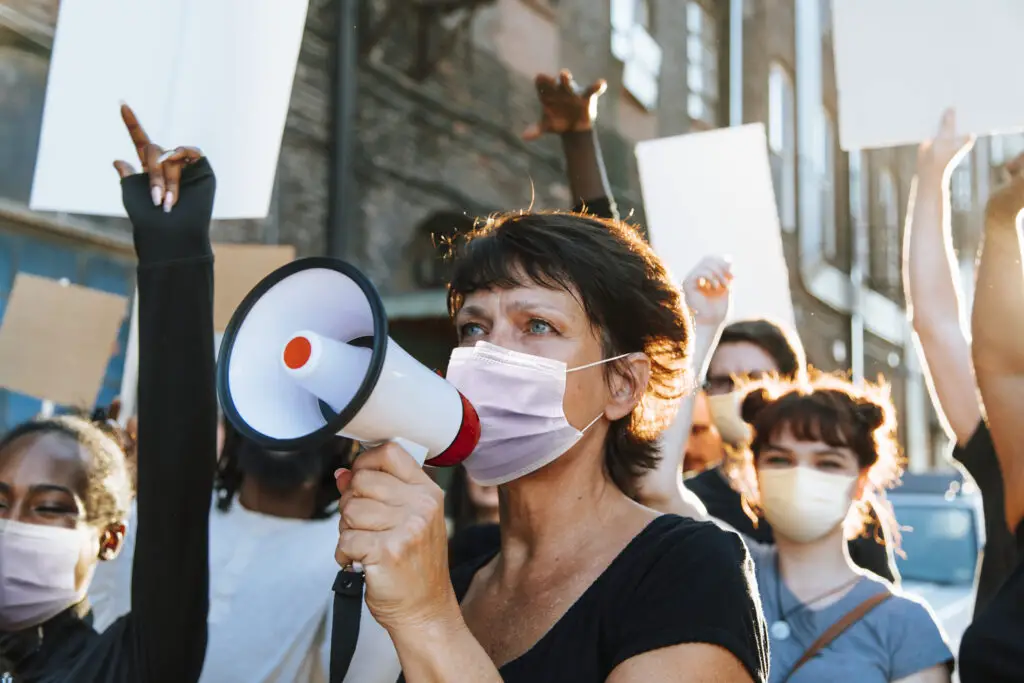Displeasure over low wages has pushed thousands of employed graduate students — whether at state universities or Ivy League schools — to launch protests.
The Guardian reported that an increasing number of graduate students have started unions and organized strikes to pressure school administrations to address several issues, most pressingly the meager salaries that come with the job.
While salaries differ for each institution, the pay for graduate students continues to be sparse despite a 31 percent rise in university endowments last year.
Some schools — such as Princeton and Brown University — have made adjustments, raising stipends to $40,000 and $42,000 per year. However, many colleges continue to pay $20,000 (or less) annually.
Unhappy Employees
At Indiana University, many students are pledging to go on strike after the administration refused to negotiate living wages and drop some fees, citing that their work as teaching or research assistants benefits the institution.
“You realize to what extent your work in your departments and the university have benefitted them. They need your labor as a teacher and researcher, they need you as someone who takes on unpaid service roles,” said Zara Anwarzai, a PhD candidate in philosophy and cognitive science.
“It’s often the case that we pay our monthly bills late so that we can make it until the next check,” Anwarzai added.
At the University at Buffalo (UB) in New York, union president Lawrence Mullen disclosed that 20 percent of its graduate employees make less than $15,000 annually.
“They are paying our graduate workers less than a living wage and in some cases, a third of what is the living wage in Erie county, which, according to the Economic Policy Institute, is about $35,000,” said Mullen. “At UB, we have a food bank, and last semester, fall 2021, 80% of the people who used that food bank were graduate students.”
Another strike for better stipends is brewing at Stony Brook University in New York. Findings from an internal survey revealed that a lot of the school’s students and employees are experiencing stress from the pressures to pay rent and buy food with current base stipends set at $22,500.
“The teachers and the instructors of these courses are having a difficult time just getting by,” said John Klecker, a Stony Brook graduate student worker. “Racking up credit card debt, not being able to repair their car, selling blood plasma, picking up side jobs, doing sex work on the side, just for the purpose of supporting themselves.”

